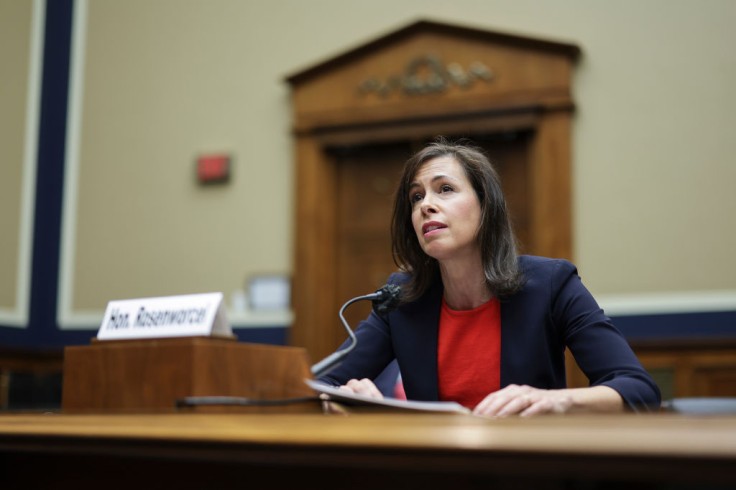The Federal Communications Commission (FCC) is ramping up its campaign against text message scams.
The agency's chairwoman, Jessica Rosenworcel, recently proposed new rules to protect consumers from text messaging scams that would block robotexts if they are found "highly likely to be illegal."
Rosenworcel's proposed rules follow the FCC's efforts to tackle the problem of robocalls and robotexts, which scammers and hackers may be using to defraud their victims.
FCC Chairwoman Proposed Rules Details

FCC Chairwoman Rosenworcel proposed a new rule that would require mobile service providers to block certain robotext messages that seem to be from numbers on a Do-Not-Originate list or numbers for which the subscriber has said does not send legitimate text messages should it be adopted, per the FCC.
The proposed new rule states that the previously mentioned numbers include unused, invalid, and unallocated numbers, along with those that government agencies and "other well-known entities" say they don't send texts from, per Engadget. The messages sent through these numbers are considered "highly likely to be illegal," and no consumer would want to receive them.
Rosenworcel also proposed a second rule that requires each mobile wireless provider to make public a single point of contact for text senders.
In addition to blocking numbers sending robotexts from unused, invalid, and unallocated numbers, Rosenworcel also advocated for the extension of Do-Not-Call Registry protections to text messaging and closing the lead generator loophole.
Companies use this loophole to use a single consumer consent to deliver robocalls and text messages from multiple marketers, which sometimes numbered in the thousands, on subjects they may not have in mind.
Additionally, the FCC notes that the Do-Not-Call Registry already prohibits marketing texts to registered numbers.
Rosenworcel's proposals would continue to take public comment to determine if the rules she put forward would help the fight against illegal scam robotexts. The agency placed the proposals on its agenda for its next monthly meeting on Mar. 16.
Although the FCC has yet to publish the full text of Rosenworcel's proposal, the agency will do so the next day alongside its tentative agenda.
"I am asking my colleagues to join me in adopting the first FCC rules to focus on shutting down scam texts," Rosenworcel said. "But we're not stopping here[,] because we are going to keep at it and develop more ways to take on this growing consumer threat."
The FCC's Efforts Against Robotexts and Robocalls
The FCC was engaged in a battle against scam robocalls and robotexts for quite some time now. You may remember that the agency previously proposed a $300 million fine against robocall scammers Roy Cox, Jr., and Aaron Michael Jones as they met its criteria for egregious violations.
The agency also ordered that small telecoms use a special caller ID authentication tool to identify robocalls and help the average jor ignore them in Feb. 2020, decreasing the potential number of victims of a scam.
Related Article : FCC Proposes Record-High $300 Million Fine Against Robocall Scammers









